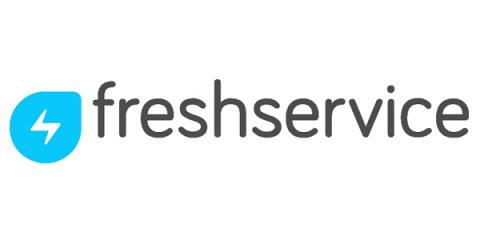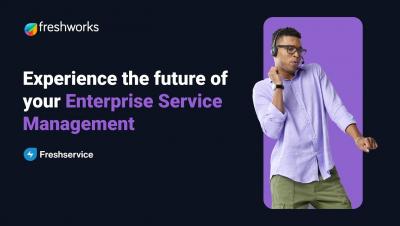Operations | Monitoring | ITSM | DevOps | Cloud
March 2022
Service item reporting made easy using Freshservice
Quick filters in widgets using Freshservice
Interactive filters in reports using Freshservice | We make the world of work, better for people
Freshservice Orchestration center is now 40+ apps stronger
A year ago, we launched the Orchestration center capability in Freshservice. At that time, little did we know that it would turn into a vital driver of customer delight with over 40 apps in just one year! With new third-party applications joining the Apps Marketplace almost every month, we are set to address an expanding range of business needs with an extensible solution that perfectly integrates with the organization’s ecosystem.
Does the rise of DevOps spell the end for ITIL?
One of the most challenging things when writing about DevOps and ITIL is finding the perfect phrases to define both of them. They not only mean different things to different people and organizations but are also implemented & used very differently. Let’s glance through their definitions first.
Building a business case for Intelligent Service Management
Traditional IT service management solutions often fall short when it comes to innovation. While legacy systems are tailor-made to perform one or two functions well today’s service management solutions need to perform beyond these boundaries. Especially, since the pandemic has just ushered in a new era of service management, one that is filled with new challenges.
7 ways service management is changing
The past couple of years has radically transformed nearly every aspect of our world. Living through a global pandemic has brought about paradigm shifts in how companies operate and how people live. While industries coped with varying degrees of uncertainty, digital transformation became the focal point of information technology as it determined enterprises’ success.
Uninterrupted and unstoppable: 5 IT transformation success stories
Of the many challenges IT leaders grabble with in 2022, it’s the challenge of keeping systems up and running and employees delighted that keeps most IT leaders up at night. And at the same time, IT service desks are inundated with service requests while IT operations face disruption after disruption, further reiterating that uninterrupted IT services and operations are vital for today’s businesses to thrive and grow in hyper-scale environments.









